Worm castings - miracle cure for diseases and pests?
dolce_vita
20 years ago
Featured Answer
Sort by:Oldest
Comments (32)
mdryja
20 years agolast modified: 9 years agoField
20 years agolast modified: 9 years agoRelated Professionals
Lyons Landscape Architects & Landscape Designers · Piqua Landscape Architects & Landscape Designers · Broomfield Landscape Contractors · Choctaw Landscape Contractors · Columbine Landscape Contractors · Dinuba Landscape Contractors · El Reno Landscape Contractors · El Sobrante Landscape Contractors · Hoover Landscape Contractors · Mercedes Landscape Contractors · Morrisville Landscape Contractors · North Haven Landscape Contractors · Painesville Landscape Contractors · Tustin Landscape Contractors · Wentzville Landscape Contractorsashkebird
20 years agolast modified: 9 years agoWifeofBath
20 years agolast modified: 9 years agoMercy_Garden
20 years agolast modified: 9 years agoOrganic_Worm_Guy
19 years agolast modified: 9 years agoWildBloom
19 years agolast modified: 9 years agoalthea_gw
19 years agolast modified: 9 years agoforest_er
19 years agolast modified: 9 years agoalthea_gw
19 years agolast modified: 9 years agoalthea_gw
19 years agolast modified: 9 years agobaccus
19 years agolast modified: 9 years agonatasha687
19 years agolast modified: 9 years agorogerv_gw
19 years agolast modified: 9 years agolakeerie4ever
19 years agolast modified: 9 years agoelks
19 years agolast modified: 9 years agoKimmsr
19 years agolast modified: 9 years agobrskovich
19 years agolast modified: 9 years agolily_HB
19 years agolast modified: 9 years agoMarjiva
19 years agolast modified: 9 years agoericgrau
14 years agolast modified: 9 years agoericgrau
14 years agolast modified: 9 years agoericgrau
14 years agolast modified: 9 years agoKimmsr
14 years agolast modified: 9 years agomagnetico
12 years agolast modified: 9 years agoteka2rjleffel
12 years agolast modified: 9 years agorhizo_1 (North AL) zone 7
12 years agolast modified: 9 years agoJessicaBe
12 years agolast modified: 9 years agoHIWTHI
12 years agolast modified: 9 years agohummersteve
10 years agolast modified: 9 years agostrawchicago z5
10 years agolast modified: 9 years ago
Related Stories
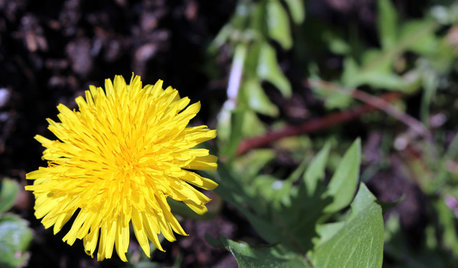
GARDENING GUIDESWhy Your Garden Might Be Full of Weeds
Tired of battling unwanted plants? These surprising reasons for weediness point the way to cures
Full Story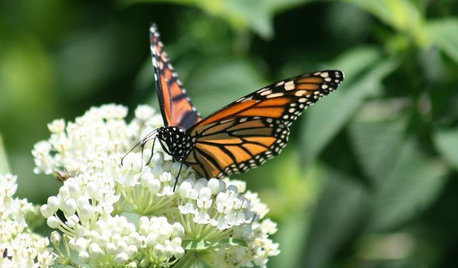
GARDENING GUIDES7 Ecofriendly Gardening Ideas That Also Cut Chore Time
Spend less time weeding, less money watering and more moments just sitting back and enjoying your healthy garden
Full Story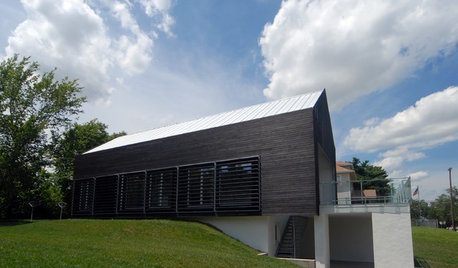
REMODELING GUIDES'Yakisugi-ita' Is Setting the Siding World on Fire
Exterior wood siding created by a Japanese burning technique is now alighting in the Western world
Full Story
GARDENING GUIDESHow to Keep Your Citrus Trees Well Fed and Healthy
Ripe for some citrus fertilizer know-how? This mini guide will help your lemon, orange and grapefruit trees flourish
Full Story
FARM YOUR YARDHow to Grow Vegetables in Containers
Get glorious vegetables and fruits on your patio with a pro’s guidance — including his personal recipe for potting mix
Full Story
MATERIALSInsulation Basics: What to Know About Spray Foam
Learn what exactly spray foam is, the pros and cons of using it and why you shouldn’t mess around with installation
Full Story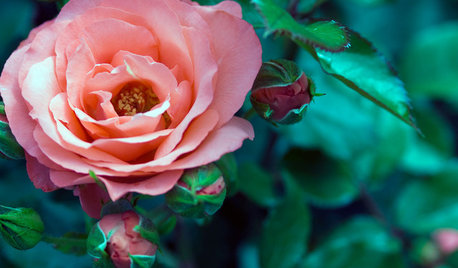
GARDENING GUIDESLearn the Secret to Bigger and Better Roses
Grow beautiful roses using both ordinary and unusual soil amendments
Full Story
GARDENING GUIDESCommon Myths That May Be Hurting Your Garden
Discover the truth about fertilizer, soil, staking and more to keep your plants healthy and happy
Full Story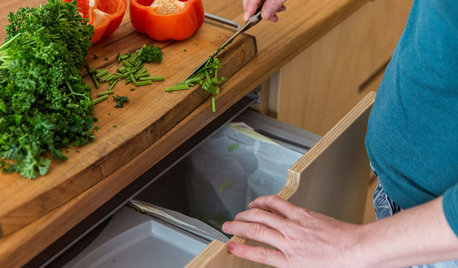
KITCHEN DESIGNWhy You Might Want to Give ‘Bokashi’ Composting a Try
Turn kitchen scraps into gardening gold with this low-maintenance, space-saving method
Full Story
PETSSo You're Thinking About Getting a Dog
Prepare yourself for the realities of training, cost and the impact that lovable pooch might have on your house
Full StorySponsored
More Discussions










Mercy_Garden